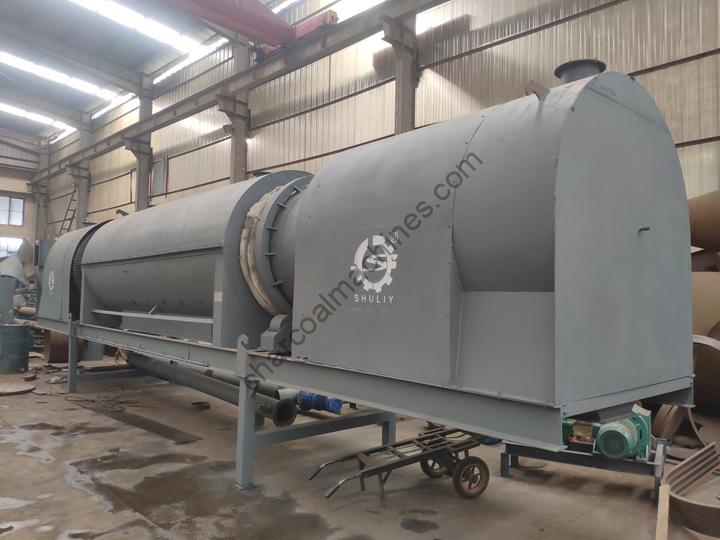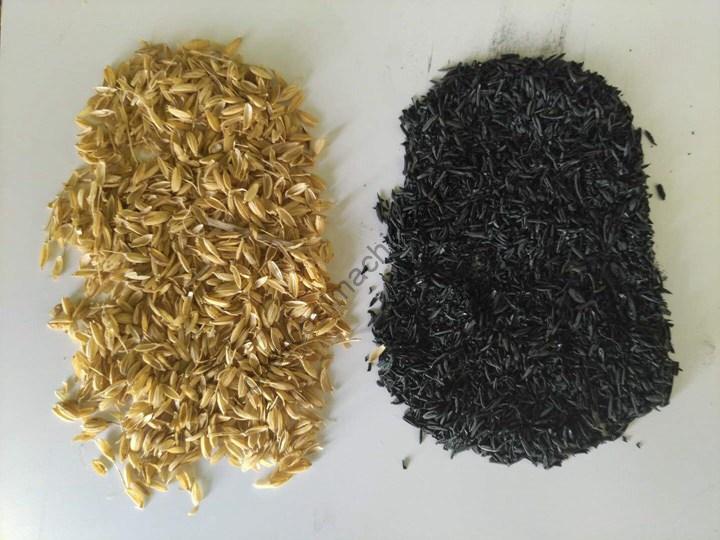なぜ米殻炭は土壌肥沃度を高めることができるのか?
米殻炭は土壌肥沃度の改善に良い効果があります。米殻の炭化は新興産業です。廃棄された米殻を炭化させることで、廃棄物を宝に変え、米殻炭を生産できます。米殻炭化には炭化炉設備を使用します。米殻炭化機は省エネルギー、環境保護、高効率の特徴を持ち、市場でより人気があります。

米ぬか炭とは何ですか?
炭化米殻は、点火温度以下に加熱して完全燃焼させずに形成される炭化物です。米殻炭は軽量で熱伝導率が低いという特徴があります。

米ぬか炭が土壌肥沃度に与える効果
米殻炭には吸熱効果があり、地温と水温を上昇させ、植物の成長を促進し、寒冷障害を軽減します。
米殻炭は緩く多孔質であり、土壌の透水性を改善し、植物の根への酸素供給を増やすことができます。米殻炭はまた、砂質土壌の水保持能力を高め、乾燥によるダメージを軽減します。粘土質土壌を柔らかくし、湿気によるダメージも軽減します。
米殻炭は植物の水分吸収を助け、葉をより厚く健康にします。
米殻炭肥料の含有量は多くありませんが、P、K、Ca、Mgの効果を促進し、特にPとKの溶解量を増加させます。

大量に米ぬか炭を生産するにはどうすればよいですか?
今日、米殻の炭化は成熟した産業となっています。ほとんどの米殻炭処理業者は米殻炭製造機を使用して大量生産しています。この連続米殻炭化炉は大量の米殻炭を処理でき、出力は1時間あたり2トンにも達します。さらに、処理された米殻炭は冷却に長時間かからず、直接出荷可能です。
米ぬか炭の用途
殻は米の外皮の保護層です。米殻を炭化して炭粉にした後の用途の一つは、歯磨き粉や歯磨き粉研磨剤の製造です。さらに、米殻炭化後に得られる化学的に活性化された米殻炭は、二酸化ケイ素、ナトリウム、カリウム、カルシウムに富んでいます。
米殻炭は活性炭フェイシャルクレンザーの製造にも使用できます。米殻炭は産業や農業においても大きな役割を果たします。米殻炭は電力生成に利用でき、新エネルギーの精製用燃料も提供できます。

コメントなし